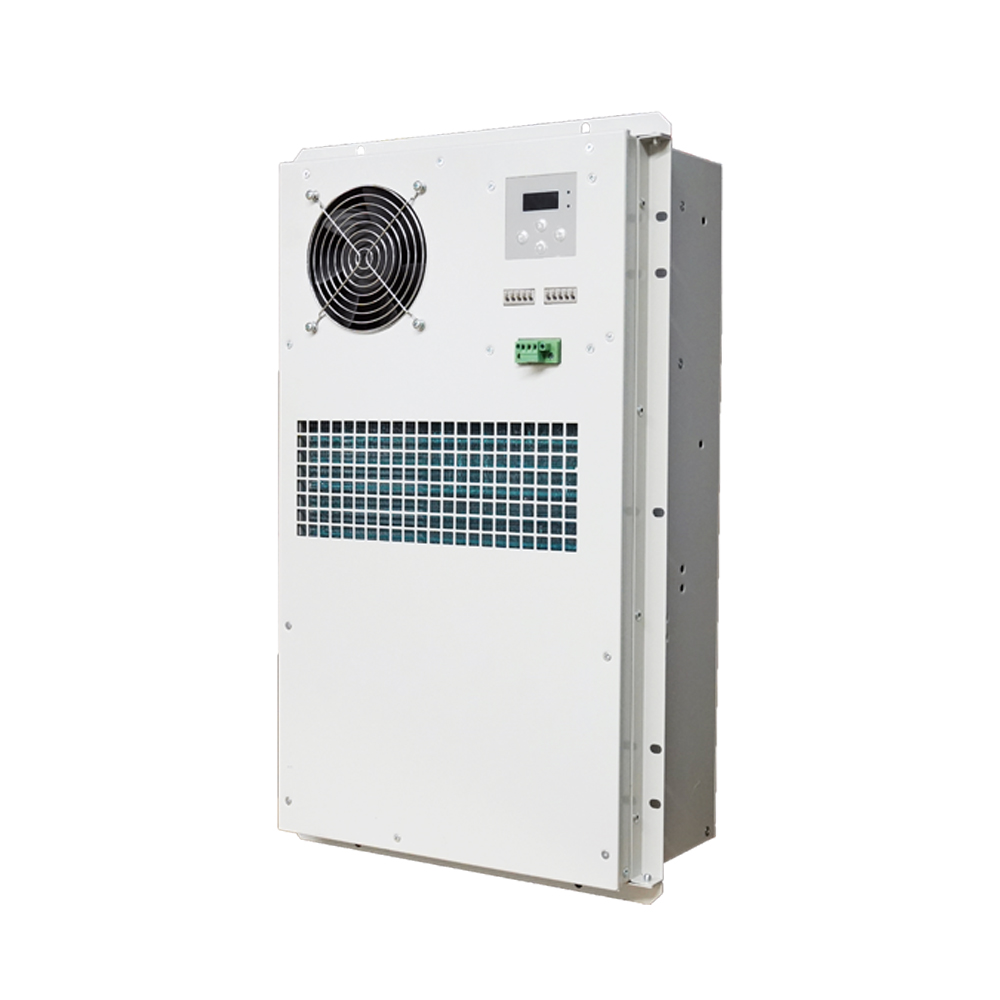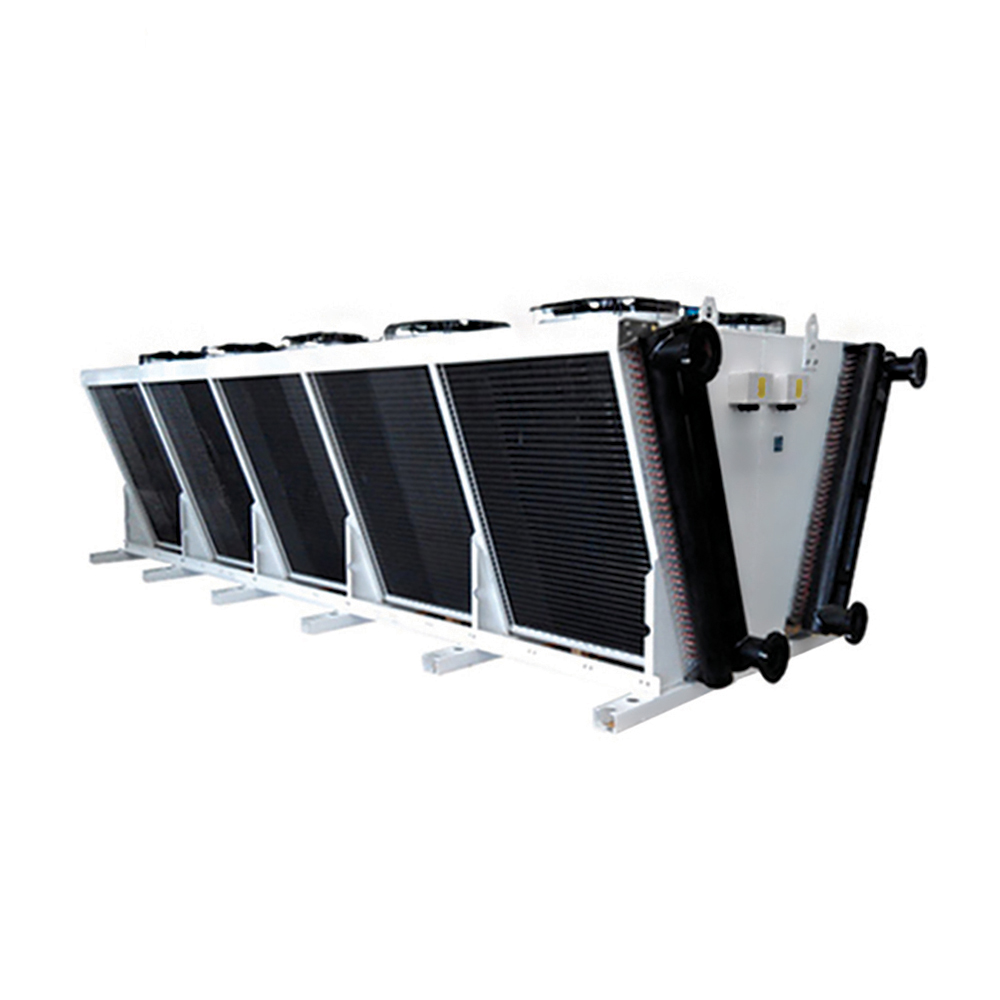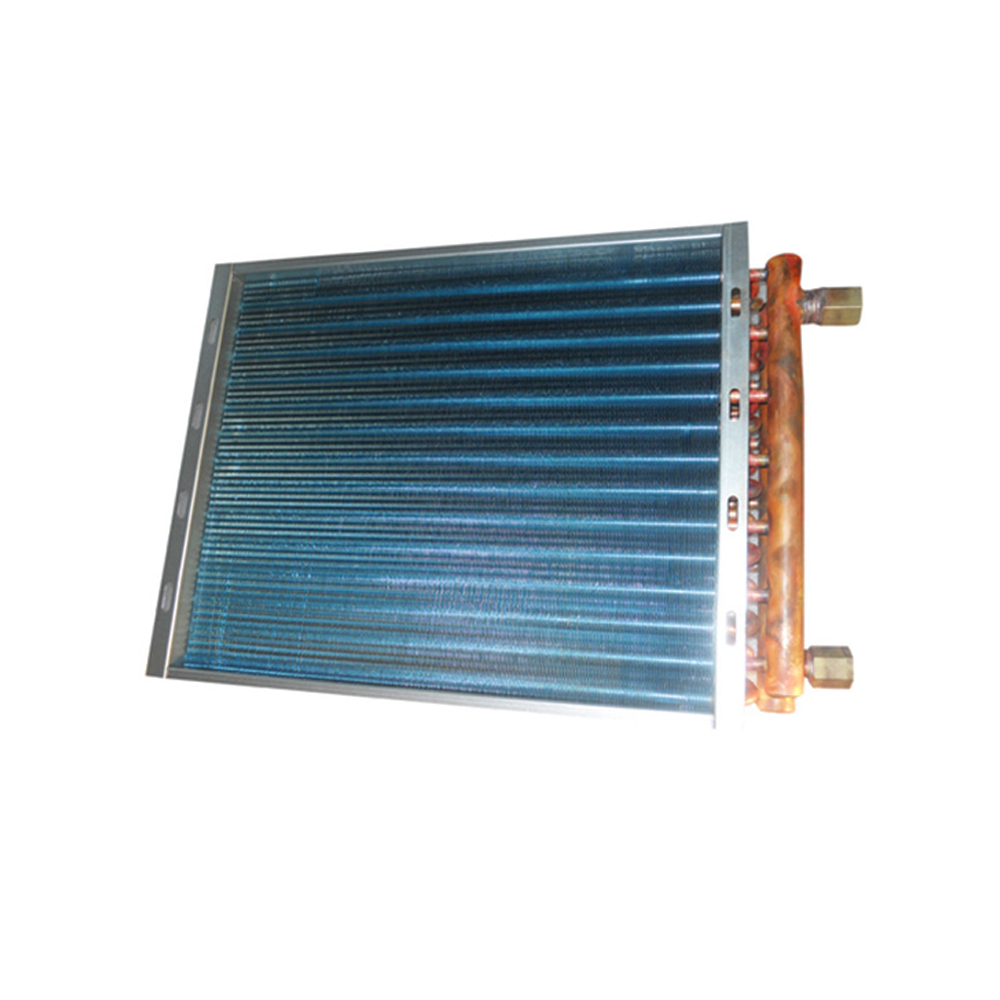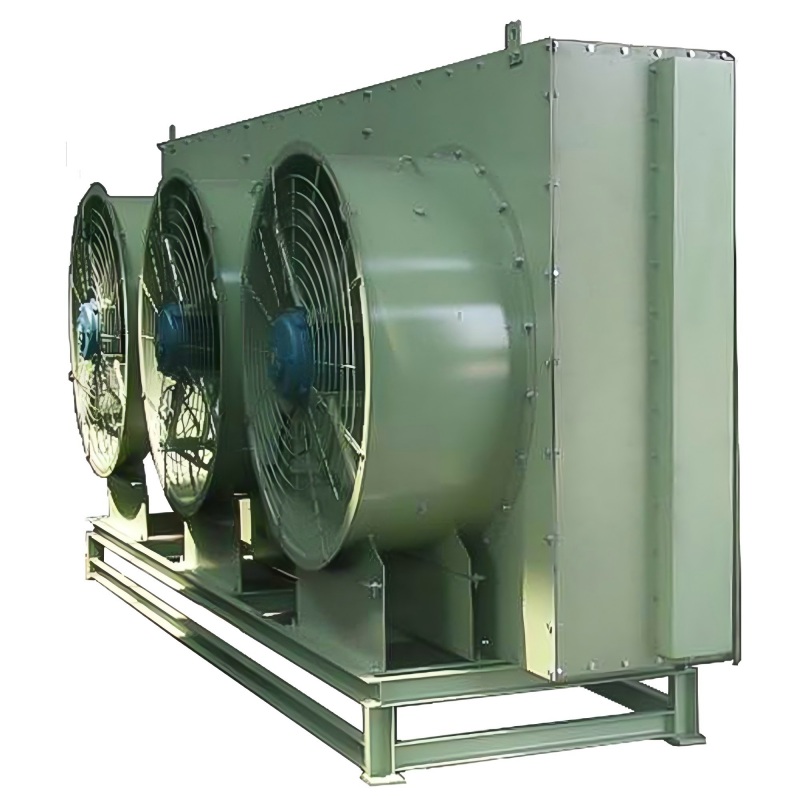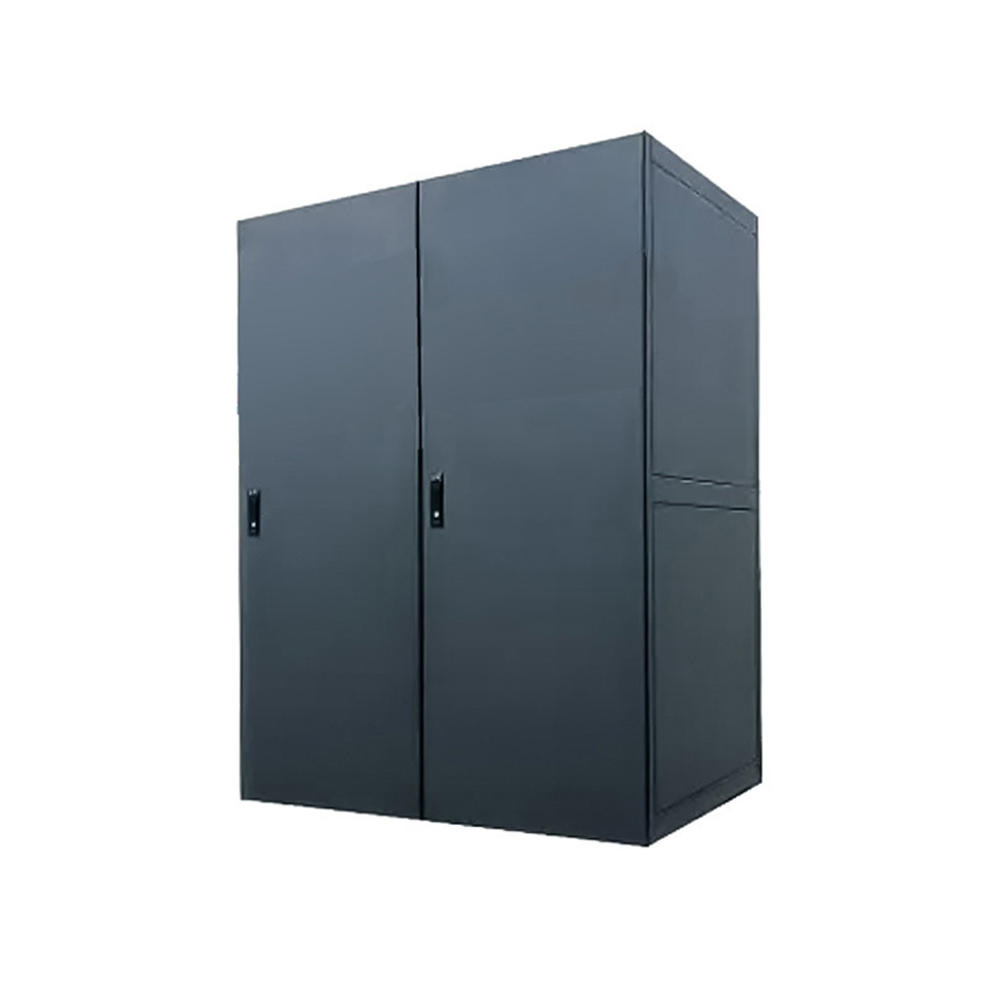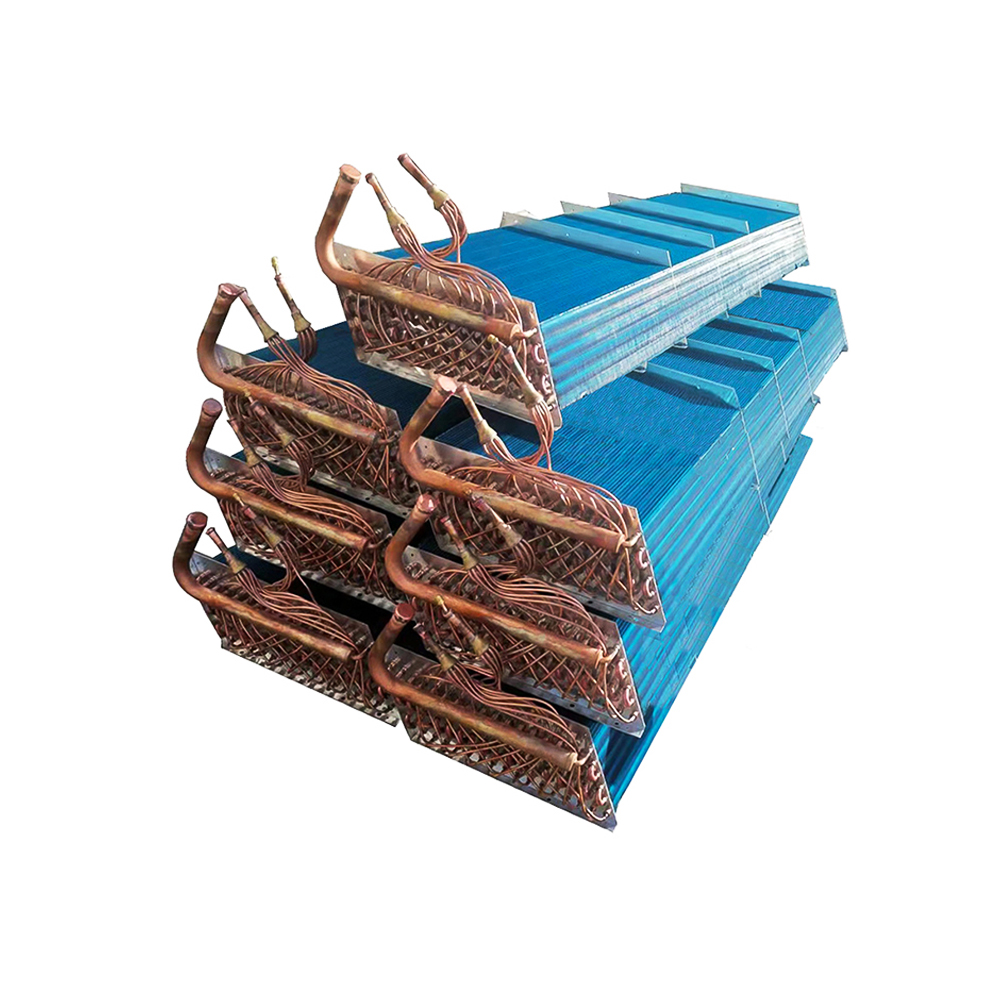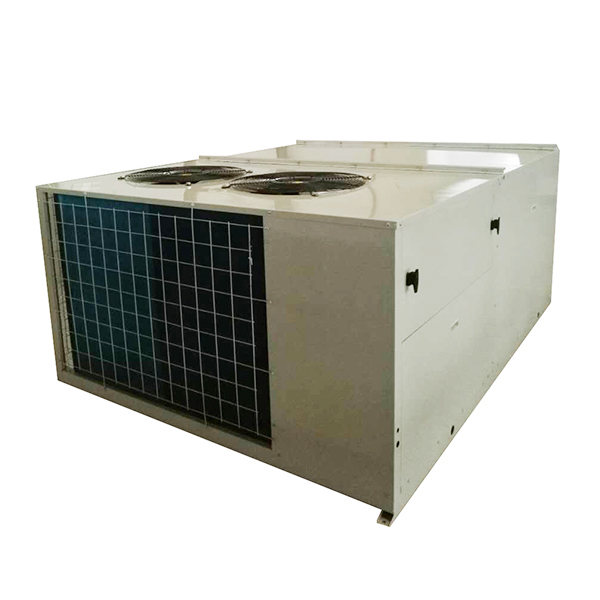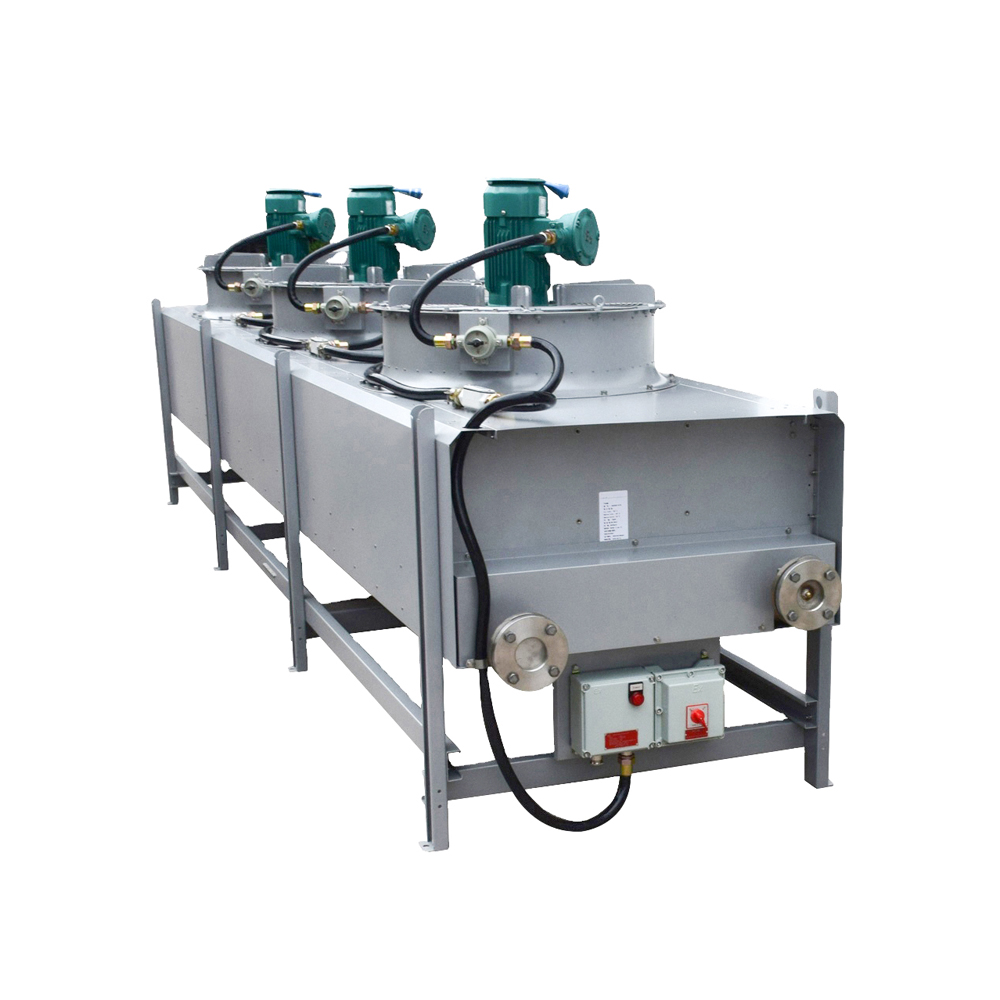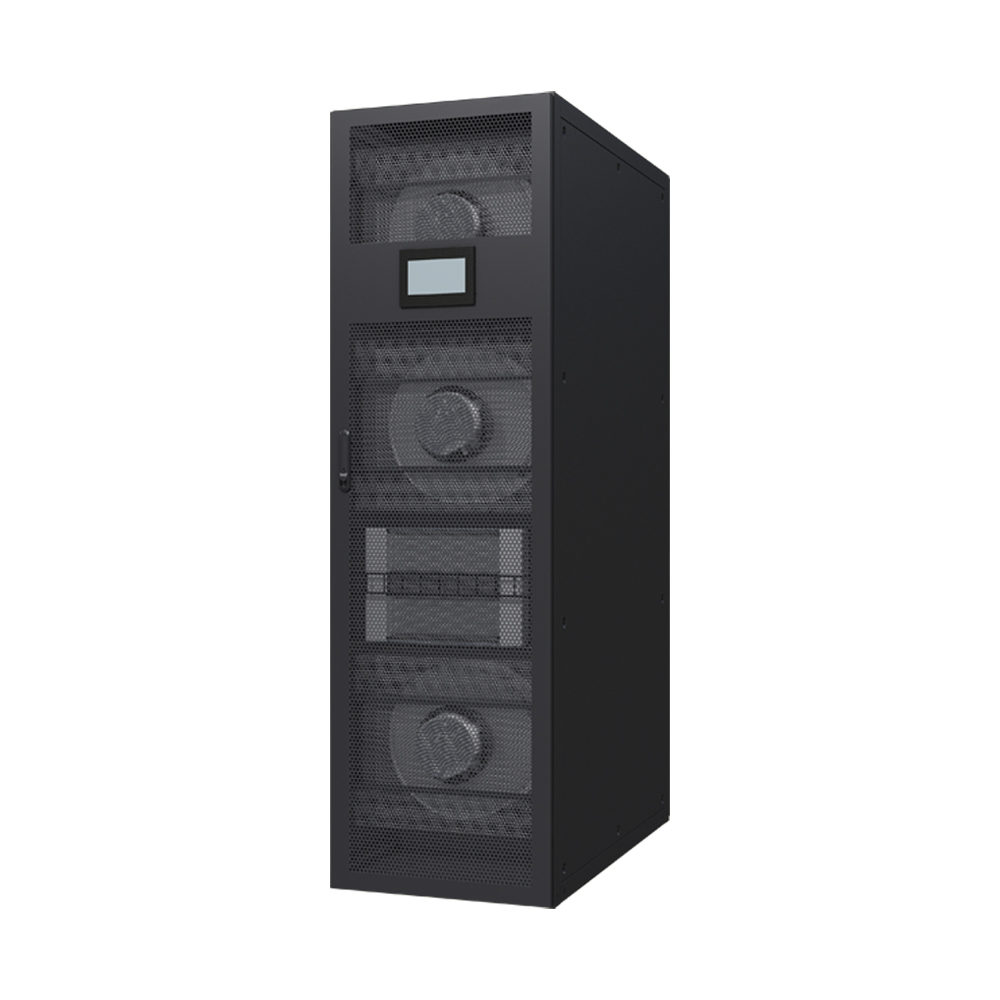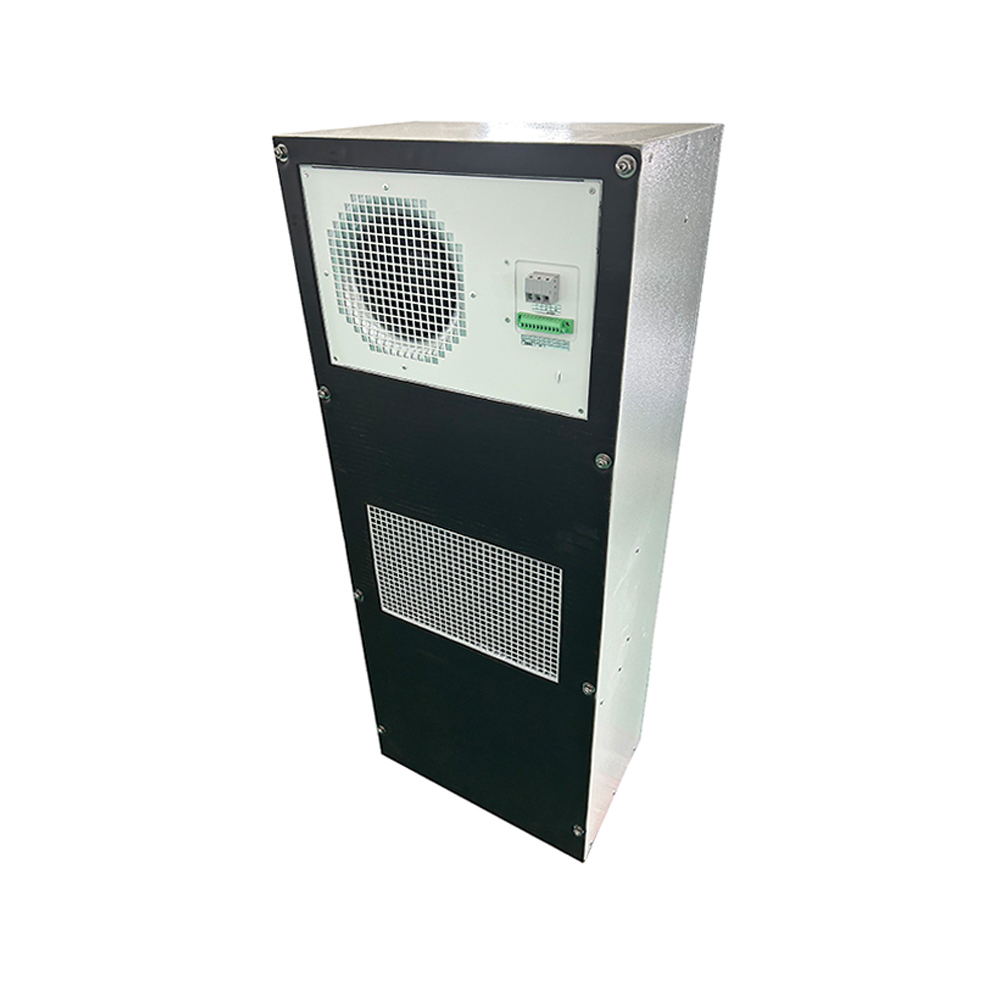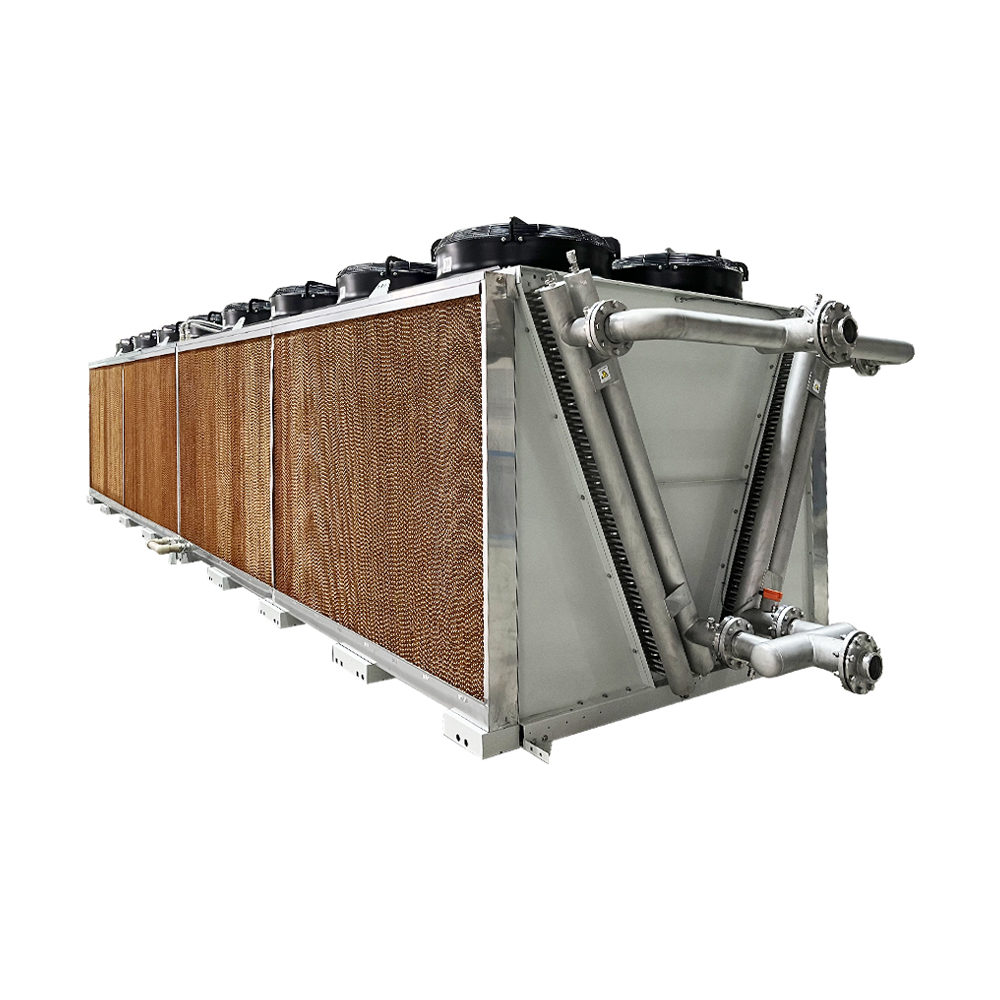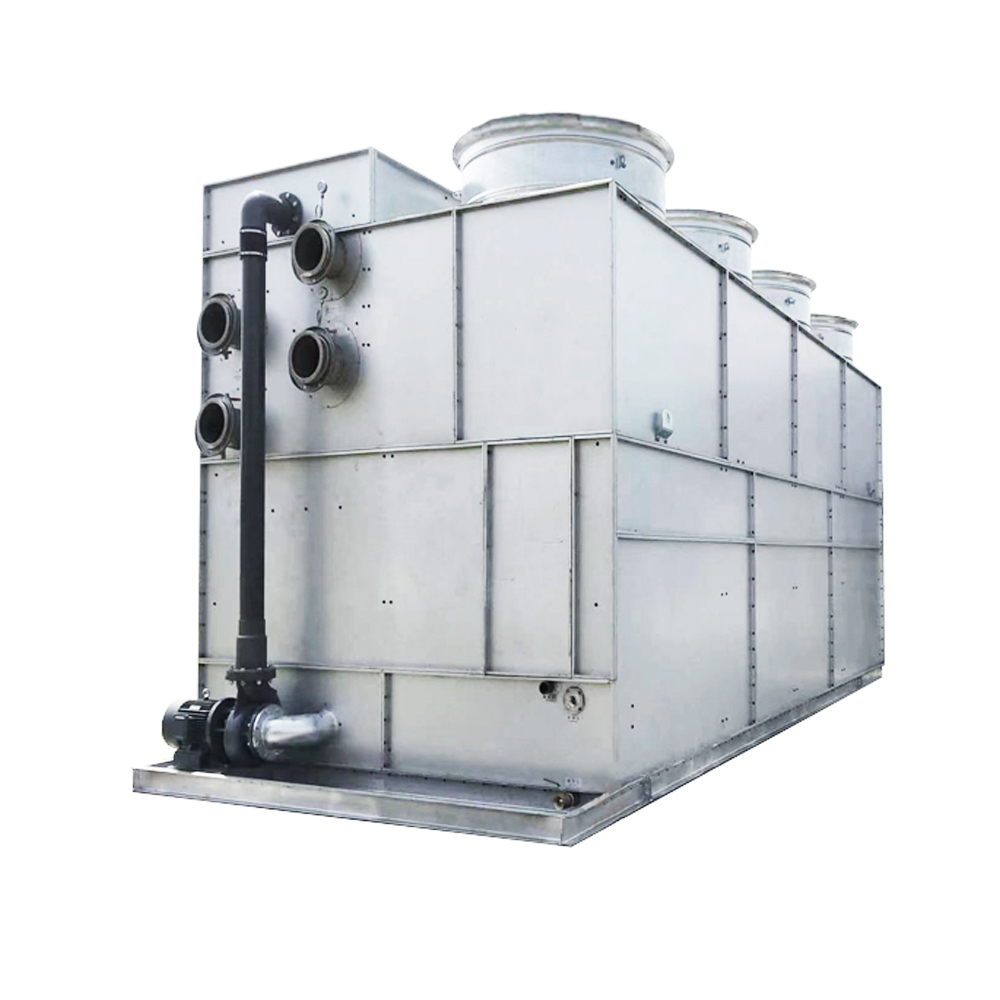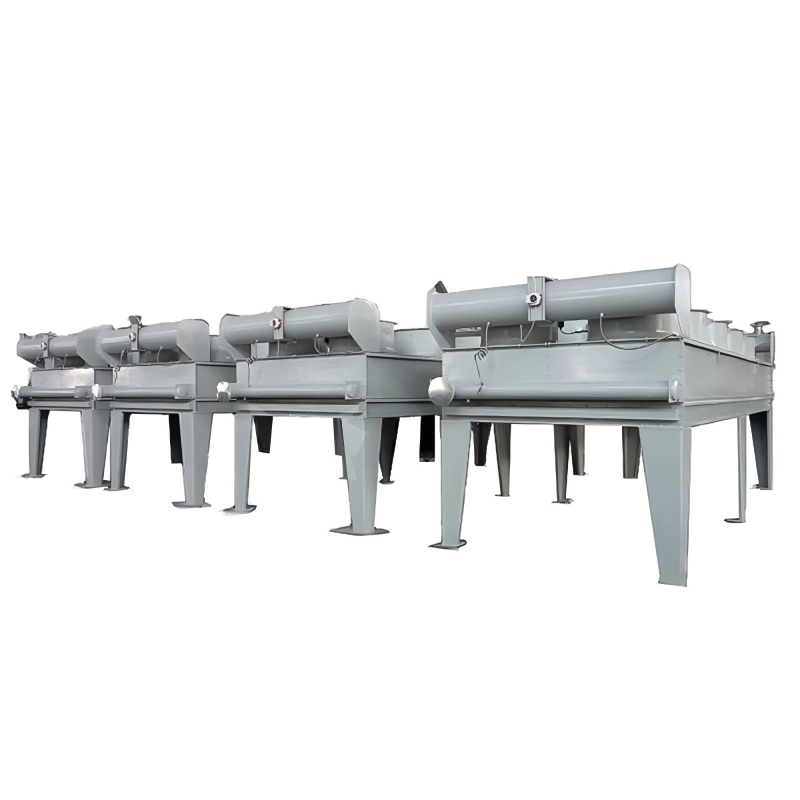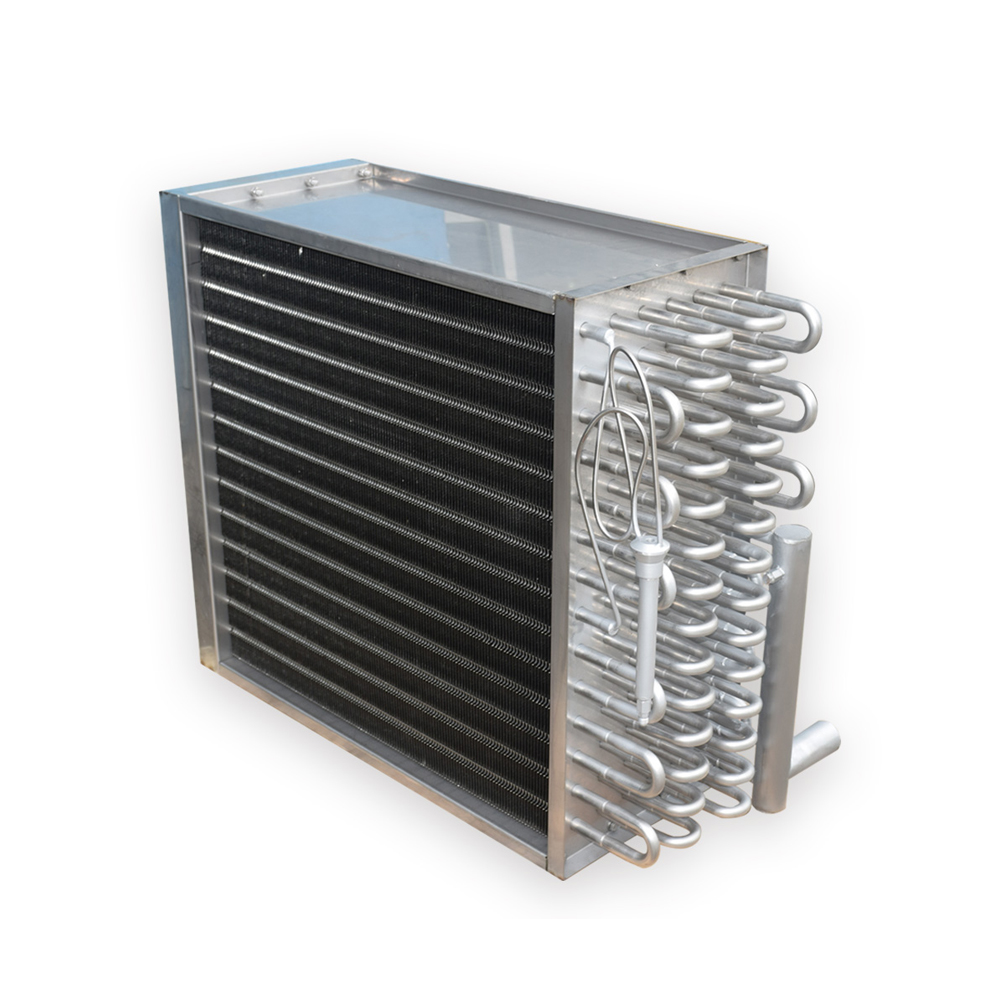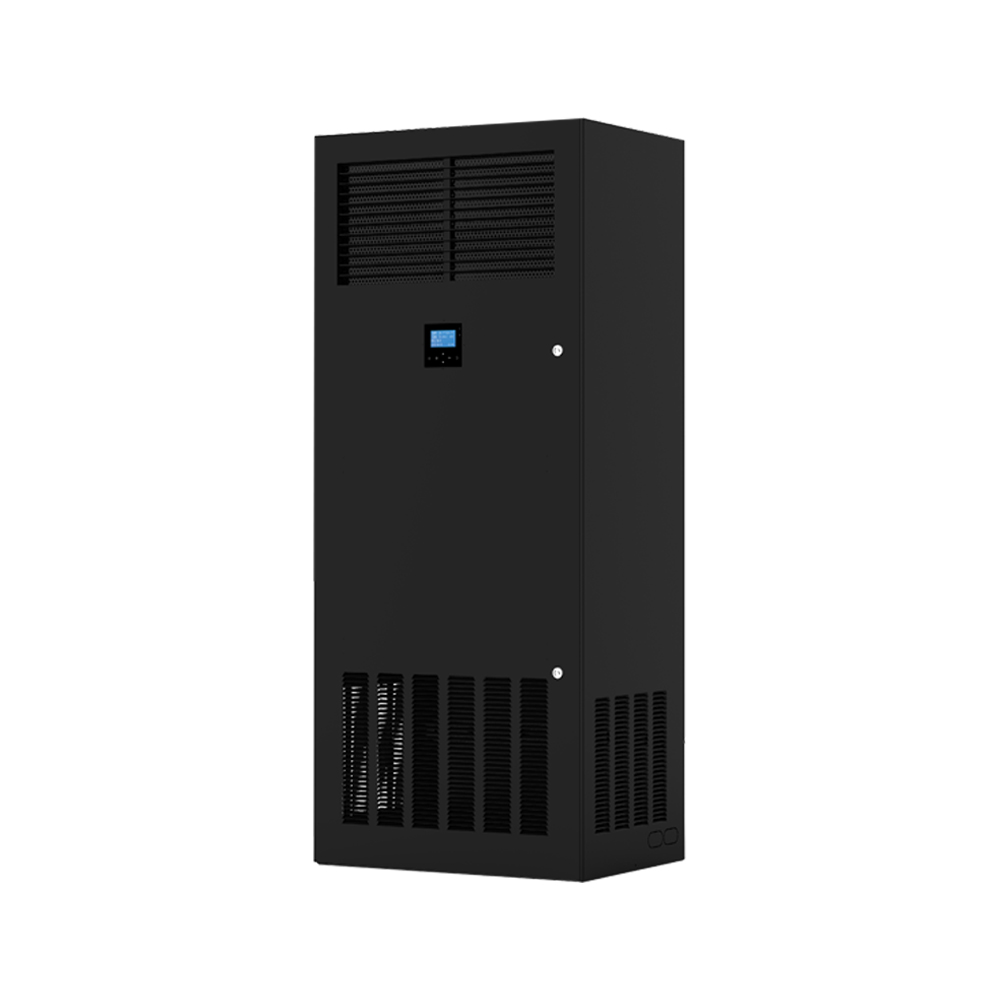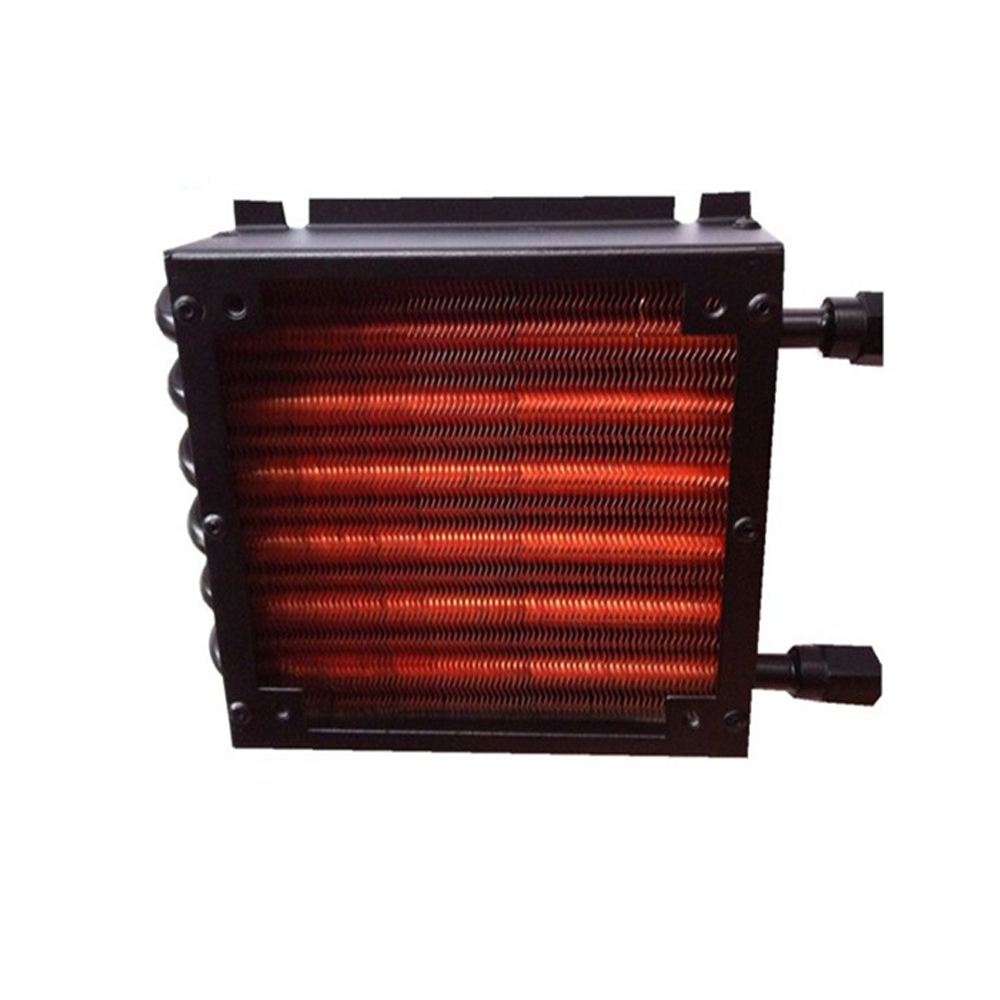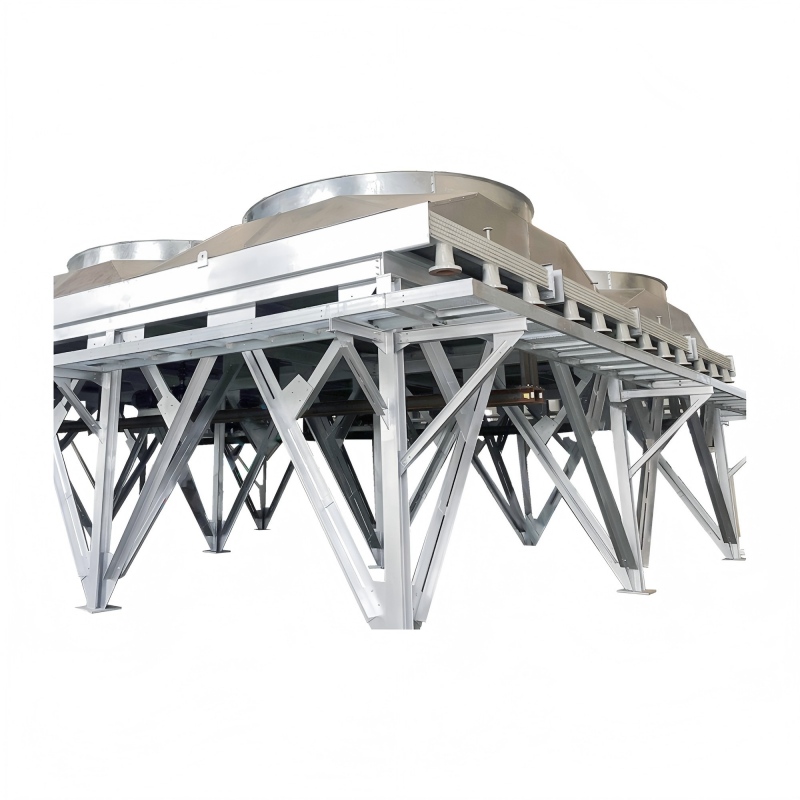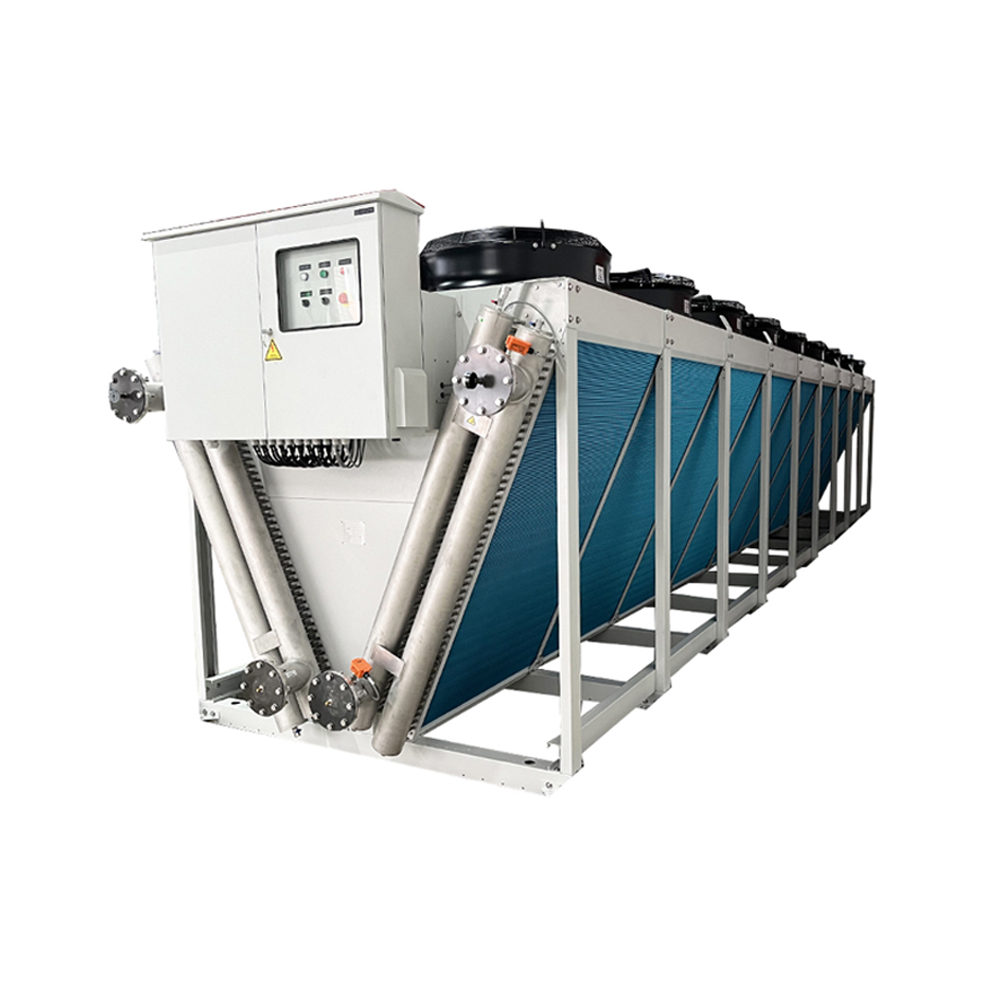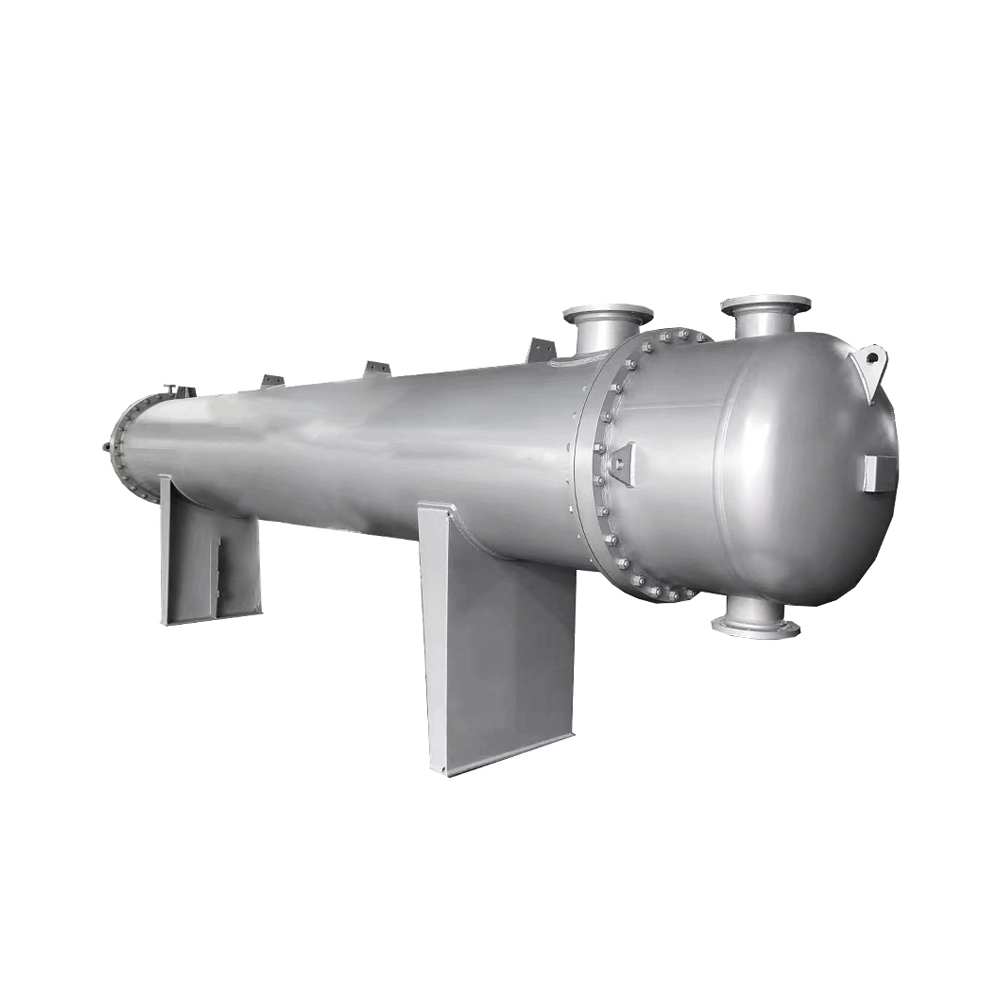This comprehensive guide explores the functionality, benefits, and optimization strategies for evaporative condensers. We'll delve into their working principles, key applications, and factors to consider when selecting and maintaining these energy-efficient cooling systems. Learn how to maximize their performance and address common challenges.
How Evaporative Condensers Work
Evaporative condensers utilize the principle of evaporative cooling to reject heat from a refrigeration system. Unlike traditional air-cooled or water-cooled condensers, they use water evaporation to dissipate heat more efficiently. The process involves circulating warm refrigerant through coils, where air is blown across the coils to facilitate evaporation. This evaporation process absorbs heat, cooling the refrigerant and increasing the overall efficiency of the refrigeration cycle. The evaporated water is then removed and/or recycled.
Key Components of an Evaporative Condenser
A typical evaporative condenser includes a refrigerant coil, a water distribution system (often involving pumps and nozzles), a fan system, and a water basin or reservoir. Some advanced units include intelligent control systems for optimizing performance. The design and construction of these components significantly impact the system's overall efficiency and lifespan.
Benefits of Using Evaporative Condensers
Evaporative condensers offer several advantages over traditional condenser types:
- Energy Efficiency: They consume significantly less energy, reducing operational costs and environmental impact. Water evaporation, a natural process, enhances heat rejection.
- Lower Water Consumption: Compared to traditional water-cooled systems, evaporative condensers use considerably less water, making them a sustainable option.
- Reduced Environmental Impact: Lower energy consumption contributes to a reduced carbon footprint, aligning with environmentally conscious practices.
- Improved Cooling Capacity: In certain climate conditions, evaporative condensers can achieve higher cooling capacity compared to air-cooled units.
Choosing the Right Evaporative Condenser
Selecting the appropriate evaporative condenser requires careful consideration of several factors. These include the cooling capacity required, available water supply, ambient air conditions, and the specific application. Consulting with experienced professionals or visiting the website of a reputable manufacturer like Shanghai SHENGLIN M&E Technology Co.,Ltd can provide valuable guidance.
Optimizing Evaporative Condenser Performance
Maintaining optimal performance involves regular maintenance and adjustments. This includes:
- Regular cleaning of the condenser coils and water distribution system to prevent clogging and ensure efficient heat transfer.
- Monitoring water quality and treating it as needed to prevent scaling and corrosion.
- Regular inspection of fan motors and belts to ensure proper functionality.
- Utilizing advanced control systems to optimize the operation of the evaporative condenser based on real-time conditions.
Comparison of Evaporative Condensers with Other Cooling Systems
To illustrate the benefits of evaporative condensers, let's compare them to traditional air-cooled and water-cooled systems:
| Feature | Evaporative Condenser | Air-Cooled Condenser | Water-Cooled Condenser |
| Energy Efficiency | High | Medium | Medium-High |
| Water Consumption | Low | None | High |
| Environmental Impact | Low | Medium | Medium |
Troubleshooting Common Issues with Evaporative Condensers
Addressing common problems promptly ensures continued optimal performance. Issues such as reduced cooling capacity, unusual noises, or water leaks often require professional attention.
For more information and to explore a range of high-quality evaporative condensers, visit Shanghai SHENGLIN M&E Technology Co.,Ltd.









